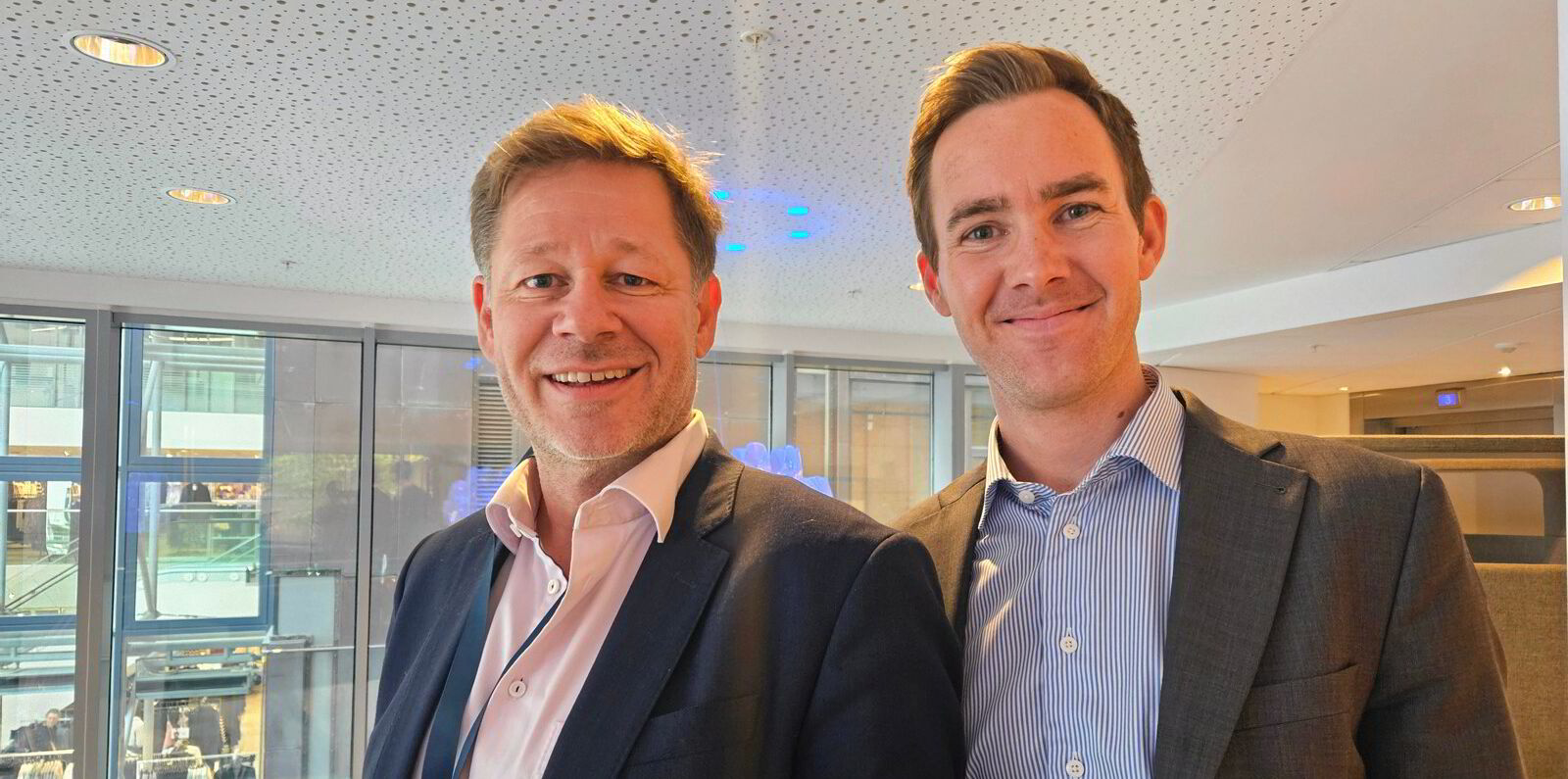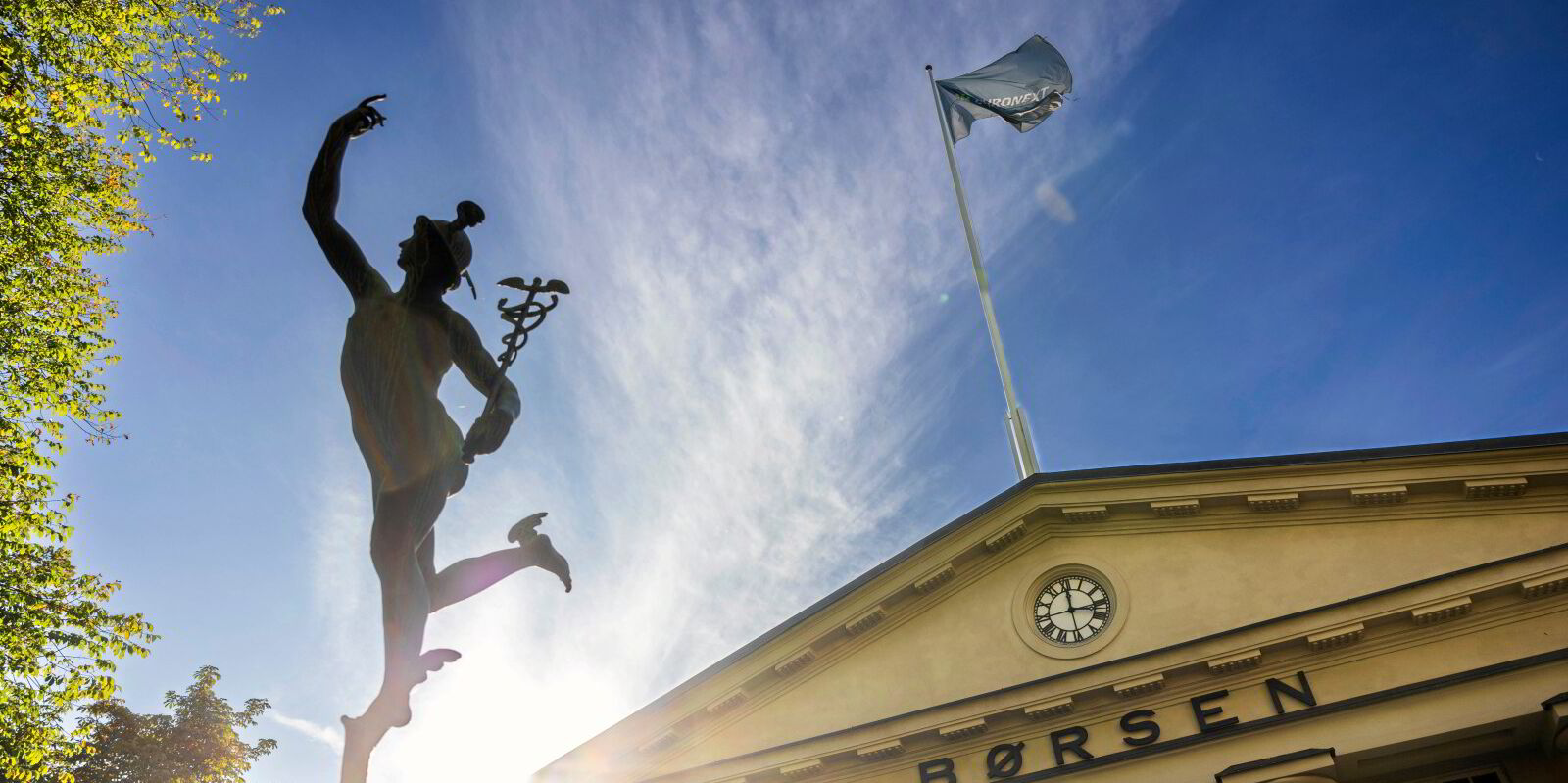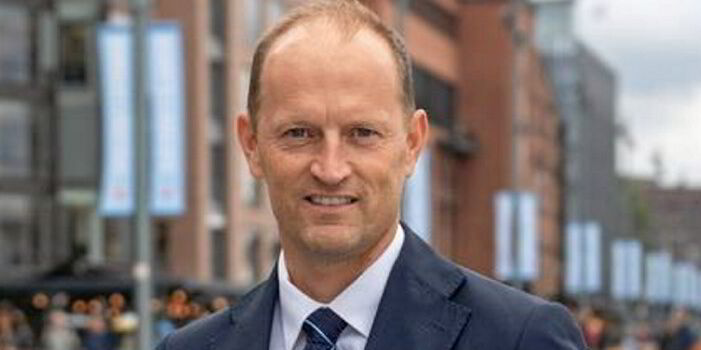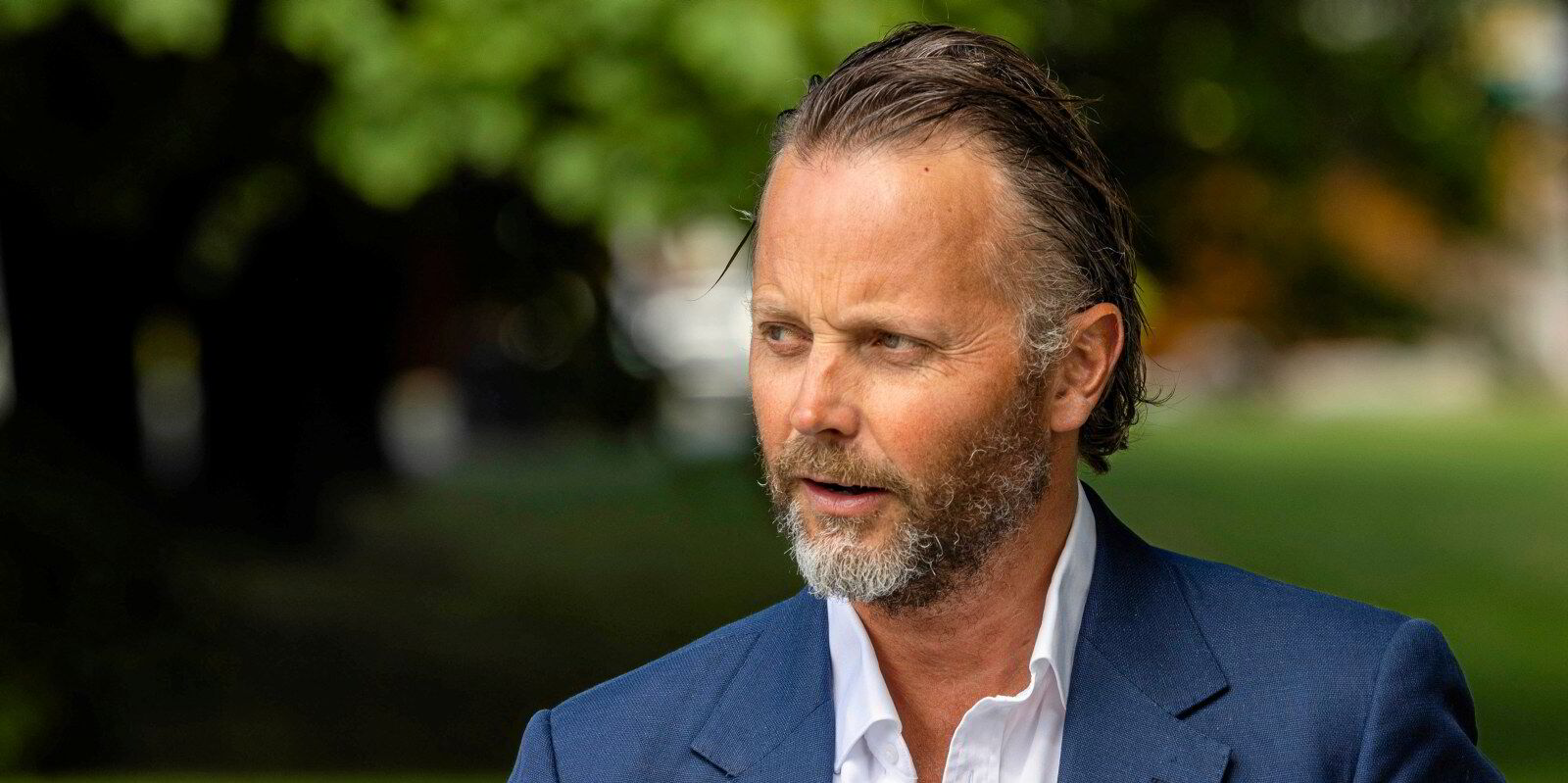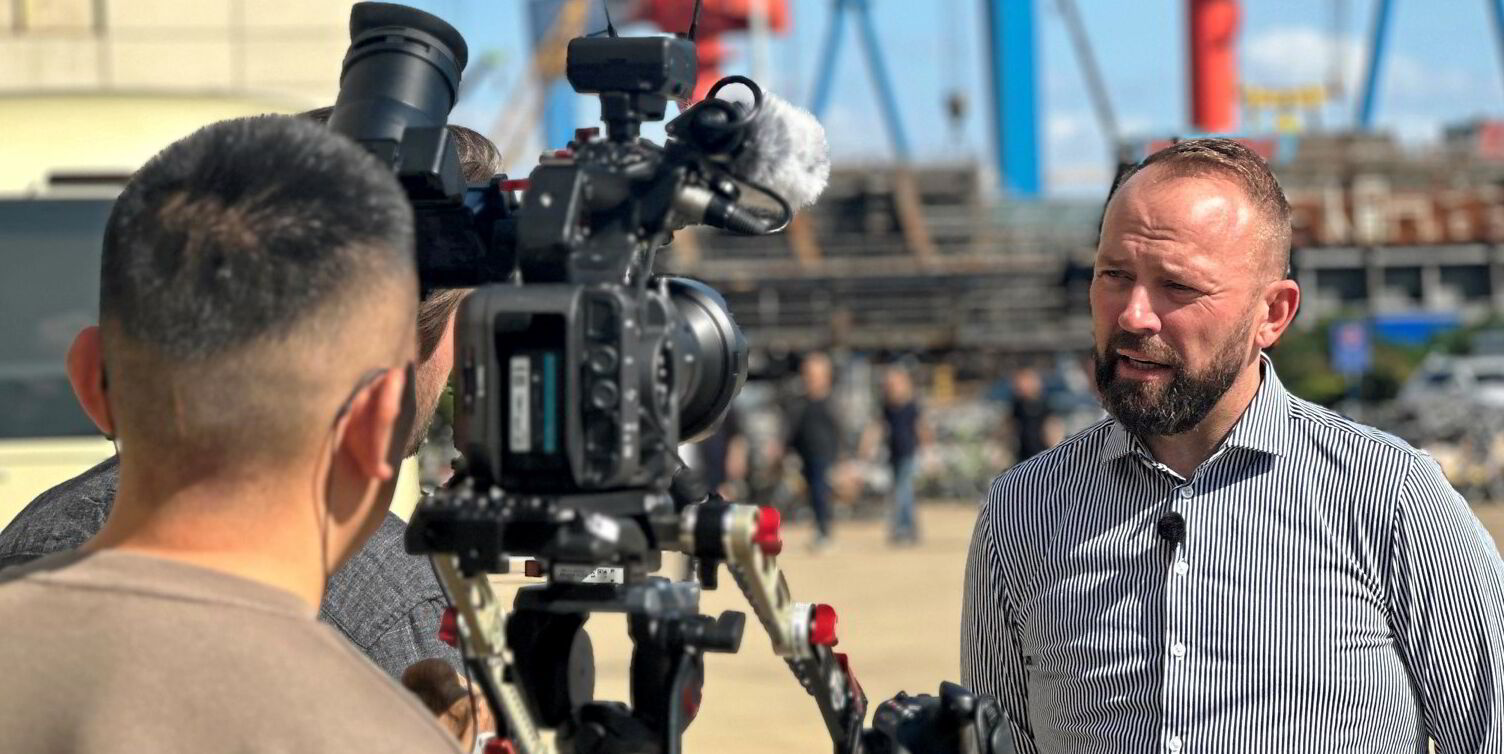After a long rally for shipping stocks, Danske Bank’s Norwegian equity fund team in Oslo is more cautious when investing in the sector.
“Everything within shipping has performed well. It is much more important to be a stockpicker going forward,” analyst Hakon Hjelstuen told TradeWinds.
The team led by the head of Nordic equities, Lars Erik Moen, manages about NOK 17bn ($1.6bn) of Norwegian stocks.
Hjelstuen added: “Shipping is a cyclical industry, and we face technological requirements and regulatory changes, particularly when it comes to sustainability and environmentally friendly technology.
“This, combined with the relatively high pricing of many of the companies, means that it is no longer enough to simply be exposed to shipping.
“The shipping sector still has great opportunities, but going forward it will be those who do a thorough analysis that will benefit the most.”
The team uses both macroeconomic and fundamental company analysis in the management of their funds.
Now when the global macroeconomic backdrop is a bit weaker, stock investors need to be more cautious.
“You can’t invest broadly. If the macro economy is strong you can invest in almost everything because everything rises. But in times of more mixed development, it is more important to be selective,” Moen said.
Moen’s largest fund, Danske Invest Norge Institusjon, has returned 14.4%, since he started managing it in 2003, beating its benchmark by 2.7 percentage points annually on average.
“If there is lower growth in China it generally means lower demand for commodities, which means less transport. But we still find pockets which are doing it very well,” he added.
The team’s main holdings in shipping are BW LPG, Cadeler, Hafnia and Wallenius Wilhelmsen.
Wallenius Wilhelmsen is a top pick.
“We still see great upside. They have very high and increasing profits,” Hjelstuen said.
Moen and Hjelstuen bought more of Wallenius Wilhelmsen in August when the stock traded below NOK 90 a share. Shares closed at NOK 119.70 on 28 October.
According to Hjelstuen, the Oslo-based car carrier owner will announce renegotiated contracts for 40% of its volume in the next two months at significantly higher rates and better terms.
He said: “Despite all the attention, the company is not that vulnerable to EU tariffs on electric cars from China. The numbers reveal that only 2% of the volume it transports is cars from China to Europe and even less are electric ones.”
Another top pick that the market has misunderstood is Cadeler, Hjelstuen said.
“Investors have allowed themselves to be influenced by a negative sentiment in offshore wind in recent years, due to delivery problems, cost overruns and poor profitability for the wind farm developers,” he said.
“We see that Cadeler has a unique position in a market that will only grow in the years to come,” he explained.
“There is a shortage of installation vessels in the coming years, so the project developers are fighting to secure contracts ahead of time at increasingly higher rates.
“The company is growing at the same time as it is reasonably priced, and we expect investors to get back the entire current market value in cash flow by the end of 2028, much of which is already locked into fixed contracts,” he added.
In the tanker segment, Danske Bank prefers the product tanker space, especially Hafnia.
“They make a lot of money today, and with the approaching winter season, these gains are expected to increase. Additionally, the current pricing is appealing,” Hjelstuen said.
BW LPG is the main holding in the gas carrier segment.
“We see growing LPG demand from Asia. And there will be more production of NGLs [natural gas liquids] in the US, which they want to export. It is a great underlying trend. There is a need for more and more ships,” Hjelstuen said.
Danske Bank’s Norway funds do not hold any stocks in the container and dry bulk segment.
“There is a lot of ordering of container ships. And there has been geopolitics driving the markets. Fundamentally it is difficult to calculate,” Hjelstuen said.
“Other stocks are considerably lower priced. Regarding dry bulk, there are doubts about China’s economy.”
